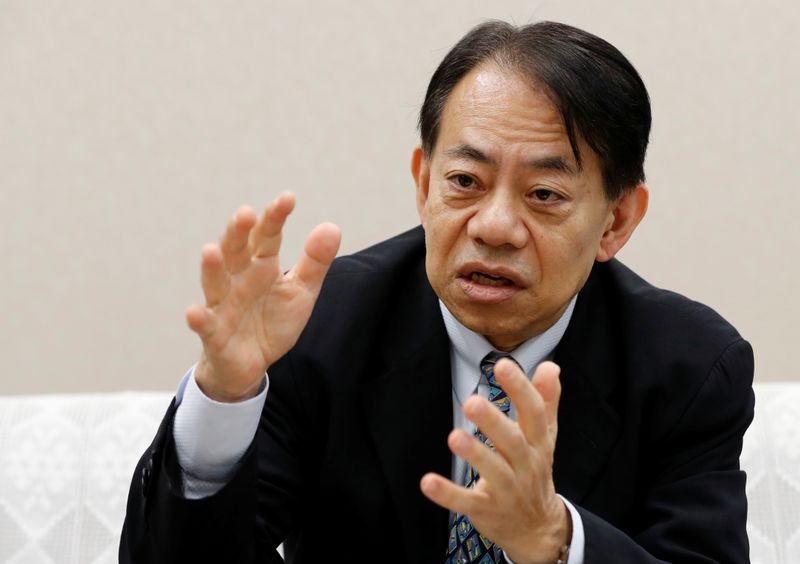By Leika Kihara
TOKYO (Reuters) - China has sufficient buffers and policy tools to prevent debt-riddled developer China Evergrande Group from triggering a global financial crisis, Asian Development Bank President Masatsugu Asakawa said on Tuesday.
But Evergrande's plight underscores the heavy role asset price inflation played in China's fast-pace growth, and there could be consequences for regional government finances and consumption, Asakawa said.
"I don't think a single firm's episode would trigger a global crisis like one caused by the collapse of Lehman Brothers," Asakawa told an online briefing.
Chinese authorities were showing readiness to contain any spill-over from Evergrande's potential collapse and the central bank was pumping ample short-term liquidity into markets, he said.
Evergrande also had sufficient asset holdings it could unload to make payments, he added.
The developer's woes underscored the Chinese economy's heavy reliance on the red-hot property market that resembled Japan's asset-inflation bubble in the late 1980s to early 1990s.
A property market crash could hit China's regional governments and households that have relied on real estate holdings in financing debt.
"We need to watch developments carefully because the impact on China's regional government finances and household spending is a source of concern," said Asakawa, who was formerly Japan's top currency diplomat.
With liabilities of $305 billion, Evergrande has sparked concerns its problems could spread through China's financial system and reverberate around the world - although damage has so far been concentrated in the property sector.

Asakawa said China was likely to resume moderate growth from 2022 with structural problems such as mounting private- and public-sector debt seen weighing on its economy.
"From 2022 onward, China will tread a moderate long-term growth trend. It won't return to the 7%-8% pace of expansion seen during its high-growth period," he said.